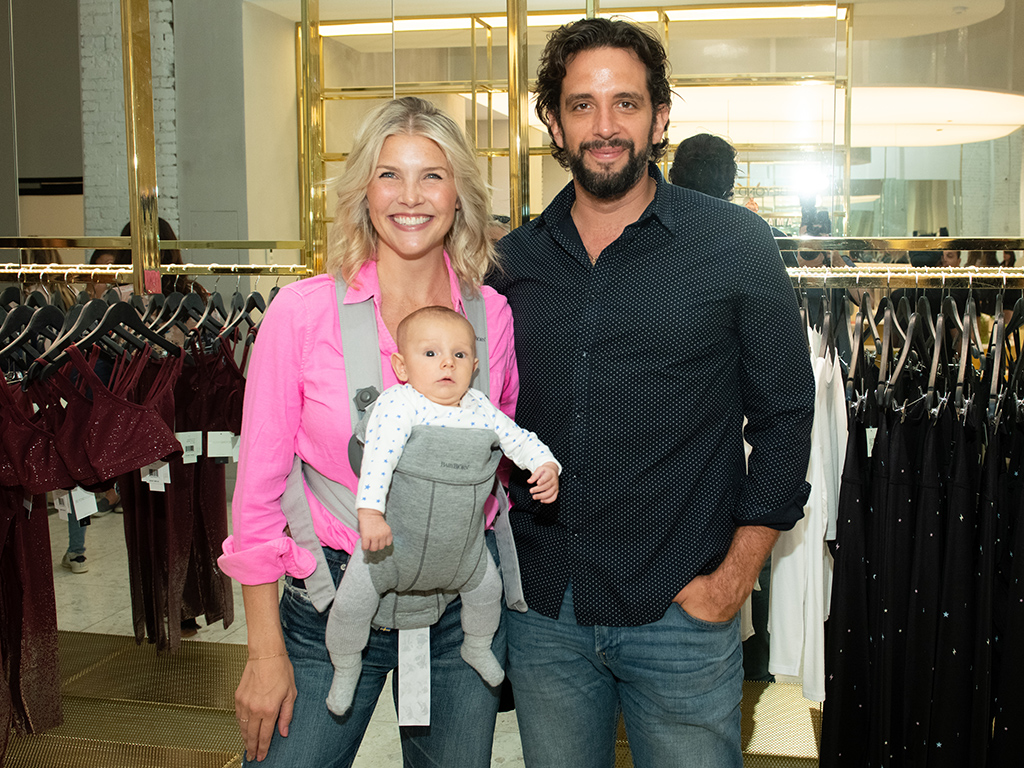Nick Cordero‘s wife Amanda Kloots says she has “faith” in her Hamilton-born hubby’s chances as his lengthy battle with COVID-19 continues at an intensive care unit in Los Angeles, Calif.

“He’s still here and — despite his odds — gets slightly, slightly better every day. Where there is faith, there is hope,” Kloots said in an Instagram post on Wednesday.
In her latest update to fans, Kloots wrote she’s “been told to say goodbye” a number of times during her husband’s ordeal which began on March 31 when Cordero was admitted to the ICU at Cedars-Sinai Medical Center.
“I’ve been told it would take a miracle. Well, I have faith. Faith that is small as a mustard seed sometimes, but that is all you need sometimes,” Kloots said in her afternoon post which featured a picture of Cordero and the couple’s 11-month-old son.

Get daily National news
The 38-year-old professional fitness instructor has been using her social account to update fans on Cordero’s condition in addition to posting pictures of the couple with their child in her campaign of hope for Tony-award winning actor.
In a previous post in mid-May, Kloots revealed Cordero was fighting a “new lung infection” and that he was hooked up to a “ventilator.”
She went on to say the 41-year-old had “been slowly recovering.”
“Day by day, hour by hour, he is getting better,” she said. “He is slowly getting back to where he was before this infection came about, and that’s good,” Kloots said in a series of videos posted to her Instagram stories account.
During treatment for the novel coronavirus, Cordero experienced blood clotting in his right leg, which for a short period of time was treated with blood thinners, but later required more drastic measures.
On May 12, Kloots announced that Cordero had woken up from a medically induced coma, weeks after having his right leg amputated as a result of complications from COVID-19.
–With files from Adam Wallis.
Questions about COVID-19? Here are some things you need to know:
Symptoms can include fever, cough and difficulty breathing — very similar to a cold or flu. Some people can develop a more severe illness. People most at risk of this include older adults and people with severe chronic medical conditions like heart, lung or kidney disease. If you develop symptoms, contact public health authorities.
To prevent the virus from spreading, experts recommend frequent handwashing and coughing into your sleeve. They also recommend minimizing contact with others, staying home as much as possible and maintaining a distance of two metres from other people if you go out. In situations where you can’t keep a safe distance from others, public health officials recommend the use of a non-medical face mask or covering to prevent spreading the respiratory droplets that can carry the virus.
For full COVID-19 coverage from Global News, click here.









Comments
Want to discuss? Please read our Commenting Policy first.